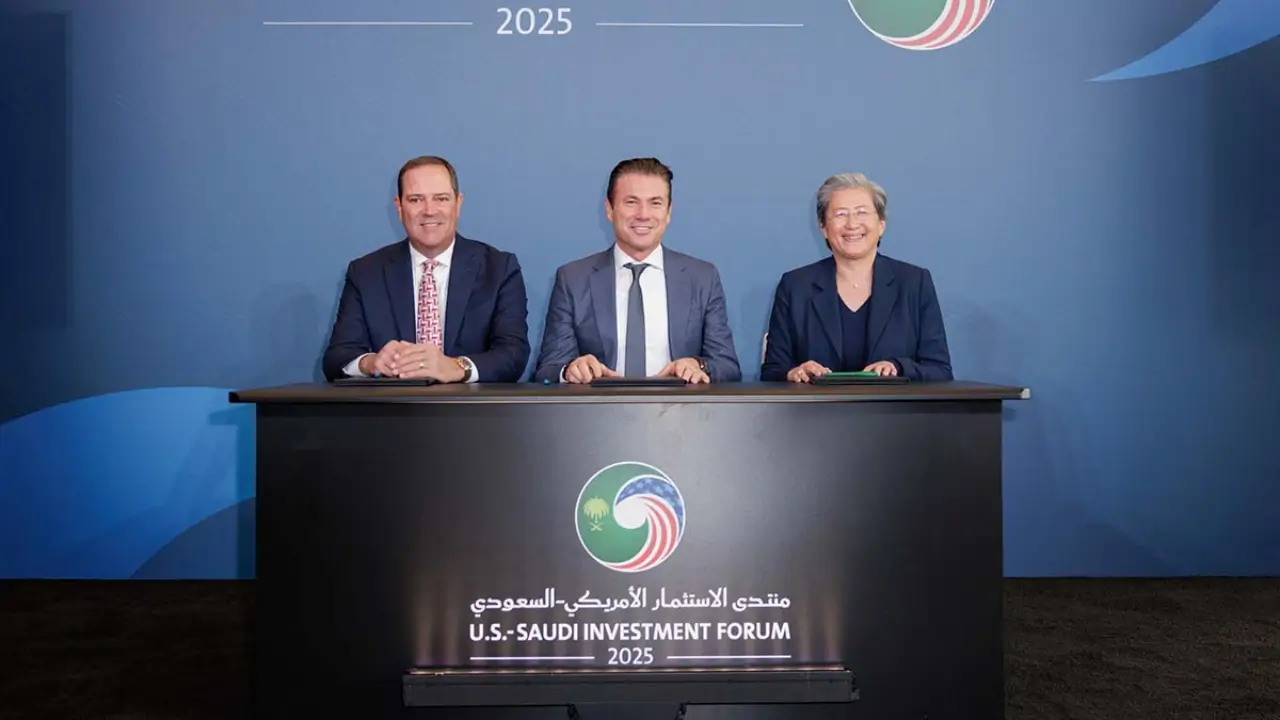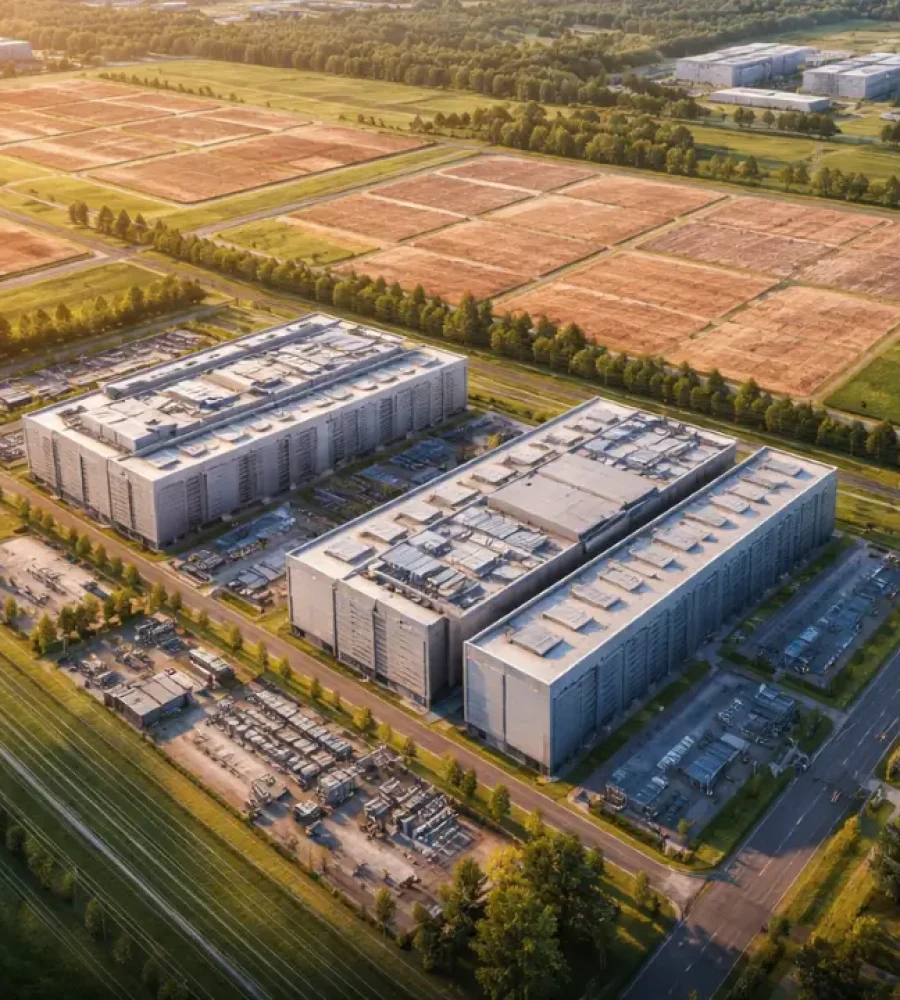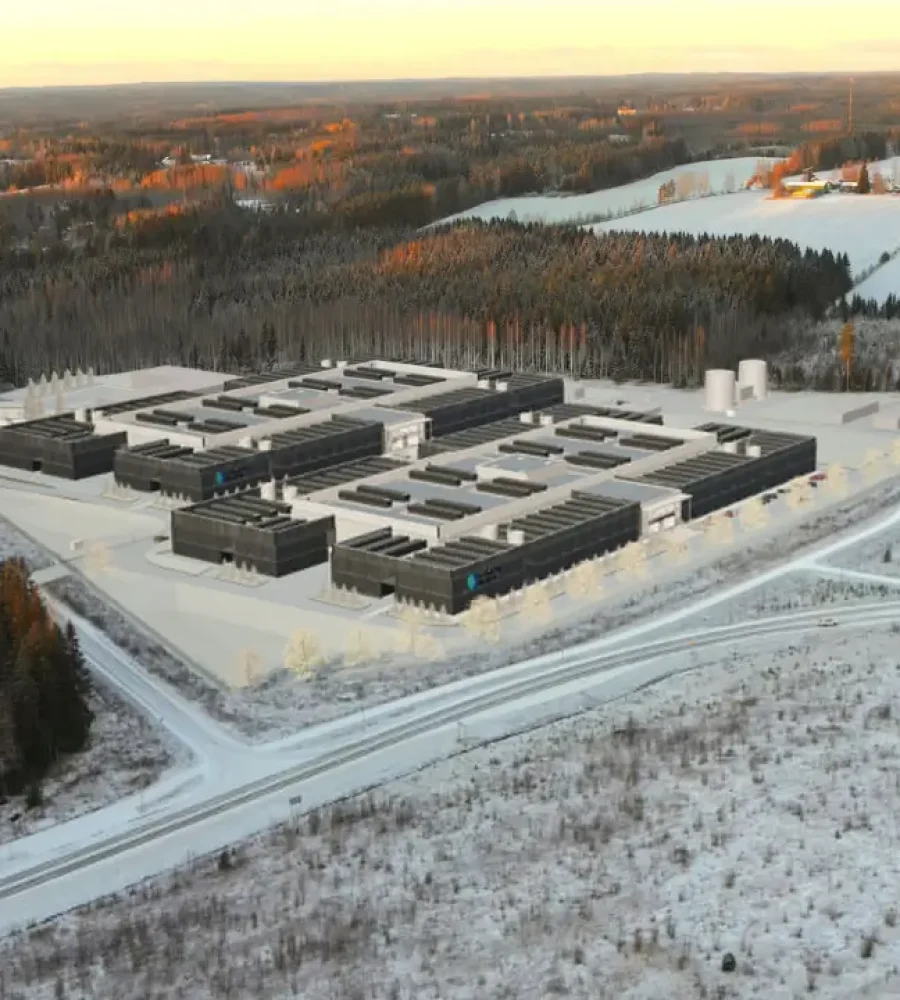With 91% of Saudi organizations planning AI deployment but only 29% equipped with sufficient GPU capacity, the Kingdom faces a stark infrastructure gap.
These are, but, addressable infrastructure challenges. The vision for widespread AI adoption requires robust compute and networking capacity. In response, AMD, Cisco, and HUMAIN are forming a joint venture to deliver scalable, high-performance AI capacity, an effort that promises to advance Saudi Arabia’s role on the global AI stage.
The joint venture, set to begin operations in 2026, kicks off with a 100 MW phase, eventually scaling up to 1 GW of AI infrastructure by 2030. By combining HUMAIN’s modern data centers with AMD Instinct™ MI450 Series GPUs and Cisco’s critical infrastructure, the initiative not only expands capacity but also emphasizes efficiency, cost-effectiveness, and energy-conscious operations.
This approach ensures the Kingdom can support both regional and global customers while reducing capital expenditures, a key consideration as AI workloads grow ever more energy-intensive.
Beyond hardware, the collaboration is a strategic bet on local talent and innovation.
AMD’s planned Center of Excellence in Saudi Arabia will cultivate expertise and accelerate integration of advanced compute technologies. Cisco’s secure, scalable infrastructure will underpin high-performance AI workloads, while HUMAIN leverages its operational know-how to manage deployment effectively. Together, the partners aim to create an ecosystem where innovators can test, deploy, and scale AI solutions without facing the limitations of inadequate infrastructure.
This model demonstrates that leadership in AI is not just about software or algorithms, it’s about aligning compute capacity, human capital, and operational strategy to build a sustainable ecosystem.
Saudi Arabia’s approach is instructive for other nations seeking to close the gap between AI ambition and capability. Globally, AI adoption is outpacing infrastructure readiness, with data center bottlenecks, energy constraints, and talent shortages threatening to slow innovation. By coordinating public and private investment, prioritizing scalable infrastructure, and fostering local expertise, the Kingdom provides a blueprint for others looking to achieve AI competitiveness responsibly and sustainably.










